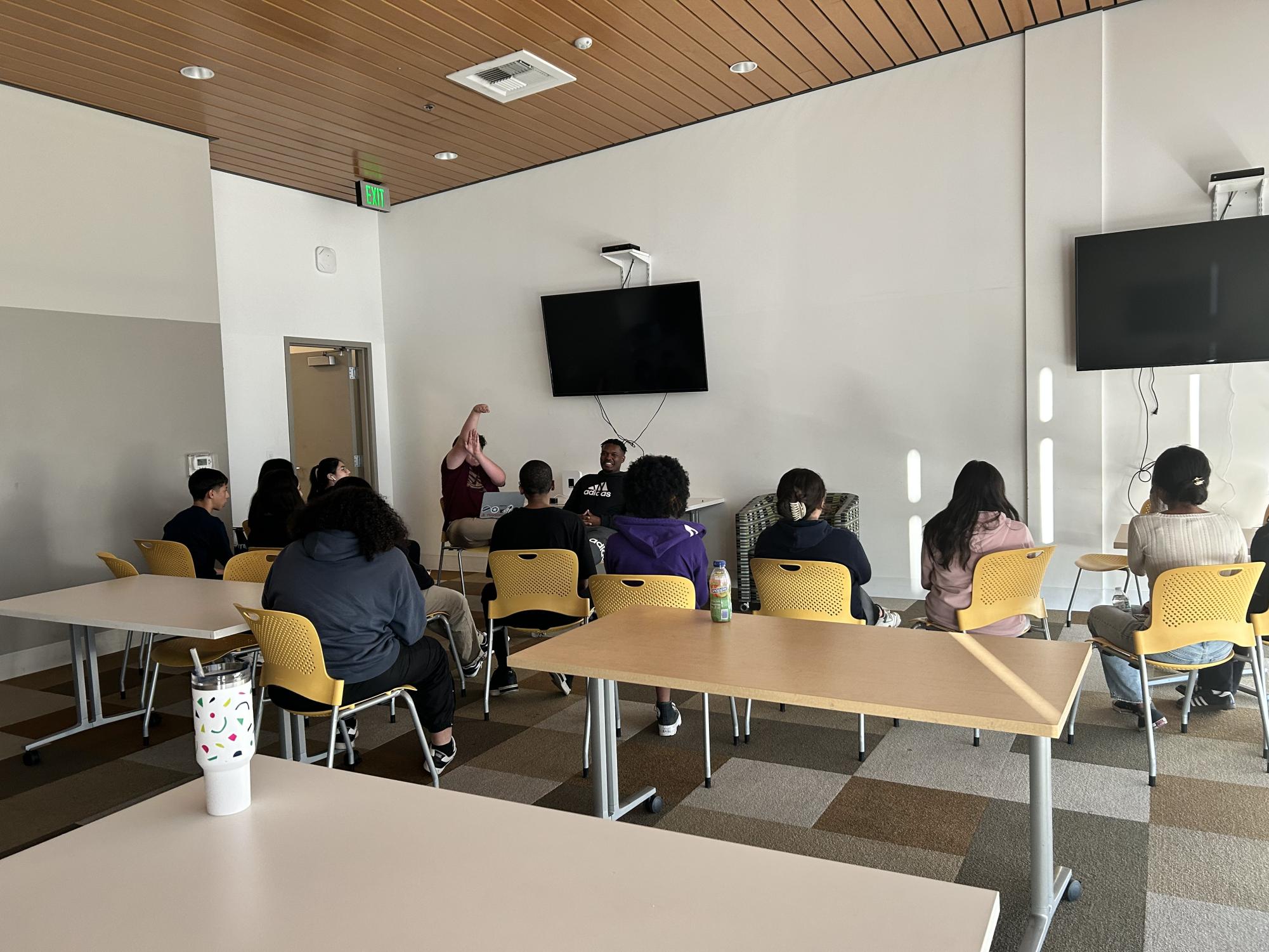Job training

Topline:
Gov. Gavin Newsom’s “Master Plan for Career Education” seeks to help the more than 7 million adults in California who lack college degrees by giving them college credit for their work experience and by changing the requirements on some state jobs.
Why it matters: More than 7 million adults in California lack a college degree — and they typically make less money as a result.
How it would work: In a press release, Newsom said the state would put more money into this goal and that he would roll out a new kind of transcript, known as a “Career Passport,” to help workers showcase both their academic and professional know-how. The new “Career Passports” would also help increase the number of apprentices — a key goal of his administration — according to the press release.
More than 7 million adults in California lack a college degree — and they typically make less money as a result. On Tuesday, standing in a welding classroom at Shasta College, a community college in Redding, Gov. Gavin Newsom presented an outline of the state’s Master Plan for Career Education. He said the plan will overhaul the state’s convoluted job training programs and help get adults “the benefit of a life well-lived without some fancy degree.”
One focus of the new plan is on translating students’ work experience into college credits. It’s already a priority for California’s 116 community colleges, which have a goal to provide at least 250,000 students with college credits for certain kinds of work experience.
In a press release, Newsom said the state would put more money into this goal and that he would roll out a new kind of transcript, known as a “Career Passport,” to help workers showcase both their academic and professional know-how. The new “Career Passports” would also help increase the number of apprentices — a key goal of his administration — according to the press release.
The jobs plan also continues a years-long effort to make state employment more accessible to adults without college degrees. Research shows these adults often have the right skills, even if they lack the right diploma. In an executive order last August, Newsom asked the California Department of Human Resources to move faster — catching up with efforts that other states have already made.
“California’s been a leader in that space and we’re going to continue to lead in that space,” he said, after noting the state has already removed education requirements from about 30,000 jobs. He said he plans to remove requirements from more than 30,000 new jobs in the next year.
Still, it’s just a fraction of the state’s total workforce. This year, the Legislature failed to pass a bill by Assemblymember Rebecca Bauer-Kahan, a San Ramon Democrat, that would have gone much further, making college degree requirements an exception rather than the norm. Camille Travis, a spokesperson for the state’s human resources department, said the bill would have forced the state to re-evaluate the qualifications of roughly 200,000 state jobs.
Related
15 part-time jobs for retirees
Libby Wells | Bankrate.comBy 2033, about 30% of Americans ages 65 to 74 are expected to still be in the labor force, while 10% of people ages 75 and older a
Rochester Job Market Sets New Records Despite Rising Jobless Rate
Rochester, MN (KROC-AM News) - The job market in the Rochester area continued to set records last month even though the unemployment rate edged higher.The lates
His Wife’s Colleague Kept Asking Him About His Job At…
Sometimes an innocent joke can explode into a fight and can get really bad! This guy lied about his work at his wife’s office party, and the pr
A whopping 200 new jobs for young people coming to…
A nonprofit run by Barak and Sara Bomani, of Compton, was recently awarded a three-year grant to create 200 jobs for local teenagers and young












